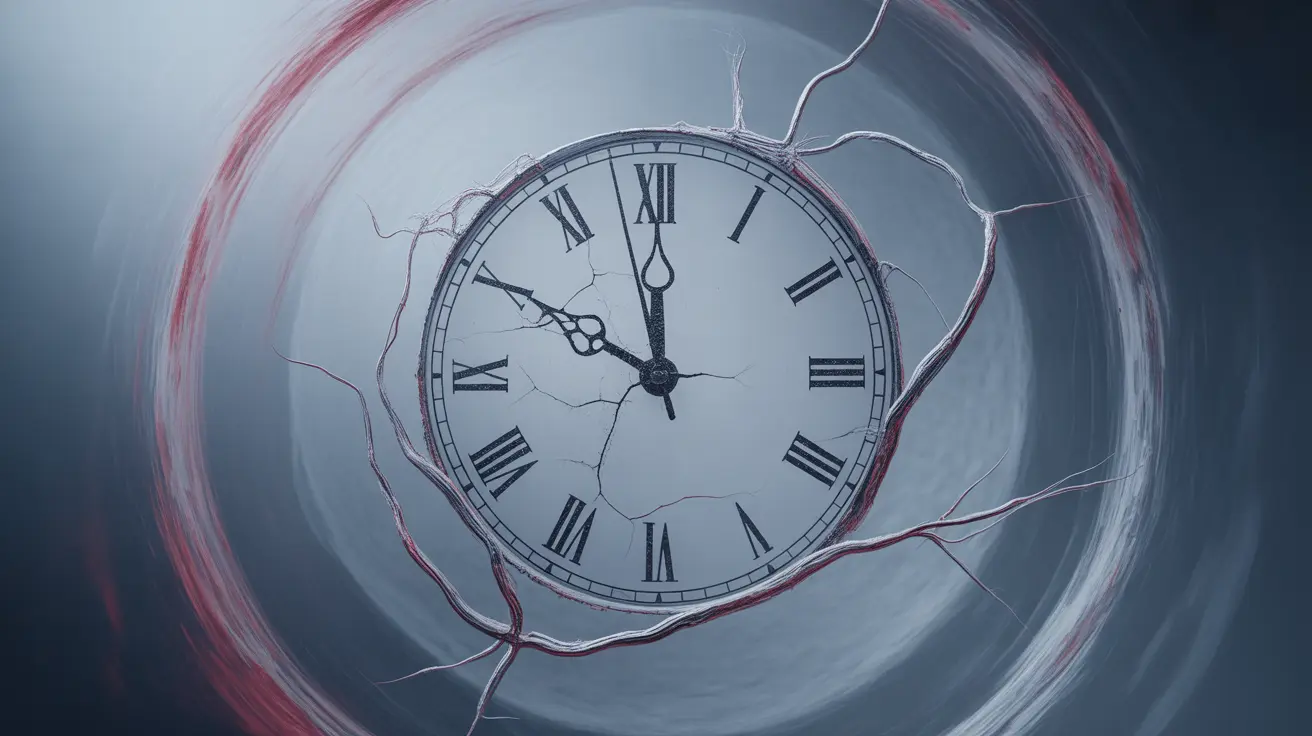HIV can remain undetected in the body for several years, making it crucial to understand the timeline, risks, and importance of early testing. While some people may experience initial flu-like symptoms shortly after infection, others might remain completely asymptomatic for extended periods, unaware they are carrying the virus.
Understanding how long someone can live with undiagnosed HIV is essential for public health awareness and emphasizes the critical importance of regular testing, especially for those at higher risk of exposure.
Timeline of Undiagnosed HIV Infection
Without treatment, HIV typically progresses through several stages. During the initial acute phase, which occurs 2-4 weeks after infection, some individuals may experience flu-like symptoms. However, these symptoms often resolve on their own, leading many to dismiss them as a minor illness.
Following the acute phase, HIV enters a latency period where the virus continues to multiply but produces few or no symptoms. This asymptomatic phase can last anywhere from 8 to 10 years or even longer in some cases, during which time the person may feel completely healthy while the virus gradually weakens their immune system.
Impact of Delayed Detection and Treatment
The longer HIV remains undiagnosed and untreated, the more damage it causes to the immune system. This progression can significantly impact life expectancy and quality of life. Without treatment, the virus typically advances to AIDS within 8-10 years, though this timeline can vary considerably among individuals.
Factors Affecting Disease Progression
Several factors influence how quickly HIV progresses in untreated individuals:
- Age at the time of infection
- Overall health status and presence of other medical conditions
- Genetic factors that may influence immune response
- Exposure to other infections
- Nutrition and lifestyle factors
- Stress levels and mental health
The Importance of Early Testing and Treatment
Modern HIV treatments can dramatically improve outcomes when started early. With proper antiretroviral therapy, people with HIV can now expect to live nearly as long as those without the virus. Early detection through regular testing is key to achieving these positive outcomes.
Benefits of Early Detection
Early HIV diagnosis and treatment offers numerous advantages:
- Prevents severe immune system damage
- Reduces the risk of developing AIDS
- Lowers the risk of transmitting the virus to others
- Allows for better management of symptoms and complications
- Improves overall life expectancy
- Enables better long-term health outcomes
Transmission Risk During Undiagnosed Period
People with undiagnosed HIV can unknowingly transmit the virus to others. The risk of transmission is actually highest during the acute phase and in later stages when viral loads are typically higher. This underscores the public health importance of regular testing and early detection.
Frequently Asked Questions
How long can a person live with HIV without knowing they are infected?
A person can live with HIV for 8-10 years or longer without knowing they are infected, particularly during the asymptomatic phase. However, this varies significantly among individuals based on various health and environmental factors.
What are the risks of not being treated for HIV after diagnosis?
Untreated HIV leads to progressive immune system damage, increasing vulnerability to opportunistic infections, certain cancers, and eventually AIDS. Without treatment, life expectancy is significantly reduced, and the risk of transmitting the virus to others remains high.
How does early HIV testing and treatment affect life expectancy?
Early HIV testing and treatment can dramatically improve life expectancy. With proper antiretroviral therapy started early, people with HIV can now expect to live nearly as long as those without the virus and maintain a good quality of life.
Can someone with untreated HIV transmit the virus to others?
Yes, someone with untreated HIV can transmit the virus to others through various risk behaviors. The risk of transmission is particularly high during the acute phase and in later stages of the infection when viral loads are elevated.
What factors influence how quickly HIV progresses to AIDS without treatment?
Multiple factors affect HIV progression, including age, overall health status, genetic factors, presence of other infections, nutrition, lifestyle choices, and stress levels. Without treatment, progression to AIDS typically occurs within 8-10 years, though this timeline can vary significantly.




